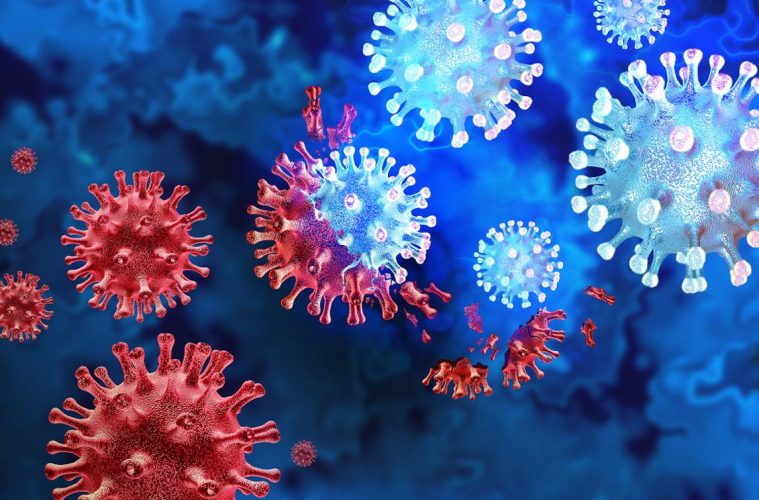The mutation of the avian influenza virus into a form transmissible to humans is causing growing concern within the World Health Organization (WHO). This development underscores the risks of a new pandemic, exacerbated by close interactions between humans and potentially infected bird populations. Historically, avian influenza viruses (H5N1) have demonstrated their ability to infect humans, although direct person-to-person transmission remains rare. However, the concern lies in the possibility that sufficient mutation in the virus could one day breach this barrier.
Several factors may increase the risk of avian influenza virus transmission to humans. Among them are high population density and frequent interactions between humans and animals. Additionally, agricultural practices in certain regions of the world promote regular cohabitation between humans and poultry, thereby increasing the chances of contracting viruses capable of triggering a pandemic.




